US to host world's largest conservation meeting
It is the first major environmental meeting of global leaders since the Paris climate talks last year
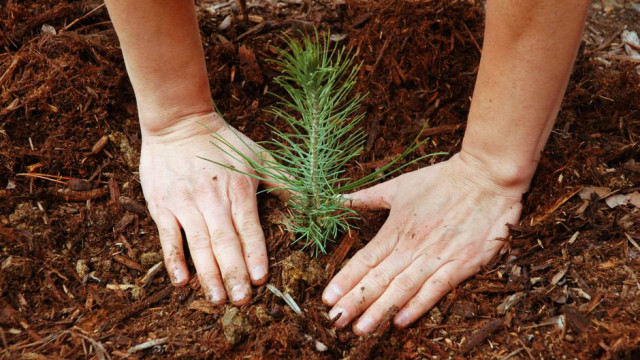
PHOTO: UN
US President Barack Obama is expected to be among the world leaders in Honolulu as the International Union for the Conservation of Nature (IUCN) opens its World Conservation Congress, held every four years in a different location around the globe.
Obama establishes world's largest marine reserve in Hawaii
This year, the conference theme of "Planet at the Crossroads" is aimed at exposing the plight of island nations that are at risk of disappearing in the coming decades due to rising seas.
It is the first major environmental meeting of global leaders since the Paris climate talks last year.
The September 1-10 conference also marks the first time the IUCN World Congress has been held in the United States since the meeting was first convened in 1948.
Arguments are expected on hotly debated issues such as what to do about domestic ivory markets which lead to the killing of elephants for their tusks, and how to feed the world's growing population without exhausting its natural resources.
"There should be a fair amount of fireworks," John Robinson, the head of the Wildlife Conservation Society's global conservation program told AFP.
Obama's visit -- if it is not disrupted by Hurricane Madeline -- comes on the heels of his move last week to expand the Papahanaumokuakea Marine National Monument in the northwestern Hawaiian islands, making it the world's largest marine protected area.
Obama to create world's largest marine reserve
In Honolulu on Wednesday, Obama plans to address the Pacific Island Conference of Leaders and the IUCN World Conservation Congress, before departing for Midway Atoll the next day.
"The President will be discussing the role that remote islands play in the climate context, but also the importance of the intersection between conservation and climate change as we face an increasingly severe threat of climate change in these parts of the world," said Brian Deese, Obama's senior advisor.
Ben Rhodes, Obama's deputy national security advisor, described the event as "an important opportunity to bring together not just Pacific island leaders who have been a motivating factor around the urgency of action against climate change, but also conservation advocates from around the world."
A key piece of news at the event will be the update of the IUCN's Red List of endangered and threatened species on September 4.
Other reports on efforts to balance oil and gas exploration with whale conservation, and the establishment of important biodiversity areas will also be announced in the first five days.
During the second part of the conference, from September 6 to 10, members will hold debates on wildlife trafficking, palm oil, income inequality in conservation, foresty practices, and more.
Plants less thirsty as climate warms: study
The meeting is seen as an opportunity to find common ground on tough decisions and lay the groundwork for future talks, including the Convention on International Trade in Endangered Species of Wild Fauna and Flora (CITES) conference which kicks off in late September in Johannesburg.
Any motion passed at the IUCN meeting, "becomes a resolution which carries considerable weight" at the CITES convention two weeks later, "which does have legal teeth," explained Robinson.
Over 8,300 delegates from 184 countries are expected to attend the IUCN World Congress.
"This unique gathering of top minds holds the key to innovation, inspiration and most importantly, action," said Zhang Xinsheng, IUCN president.



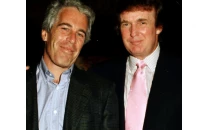
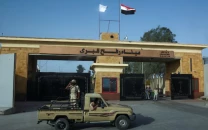
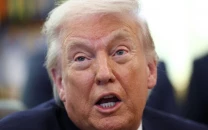
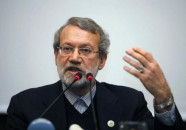












COMMENTS
Comments are moderated and generally will be posted if they are on-topic and not abusive.
For more information, please see our Comments FAQ